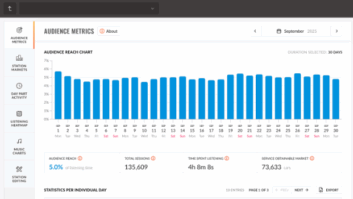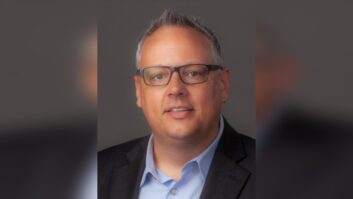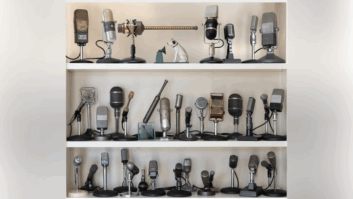A local case concerning whether noncommercial radio and TV stations should accept political or issue underwriting has the potential to be decided on a national scale.
The Justice Department will decide next week whether to seek a rehearing of a lower court ruling on the issue by a federal appeals court. The DOJ could also decide to ask the Supreme Court to hear the case, reports the Washington Post.
A federal appeals court in San Francisco ruled in April that the federal law prohibiting noncoms from airing political or issue underwriting is unconstitutional. At the same time, the court ruled the ban on such commercials could stand for commercial stations. That divided ruling is why the DOJ has a decision to make.
If the decision goes in favor of the noncoms they could benefit financially when many such stations are struggling in light of disappointing fundraisers due to the recession.
Stations have held off changing their policies because of the uncertainty of an appeal, and because it so far affects only a limited area, according to the account. NPR told the Post that stations would need to decide for themselves how to respond.
The original case began a decade ago, when the FCC fined noncom KMPT(TV), San Francisco, for running nearly 2,000 of what the agency considered to be political or issue advertising. The station challenged the advertising ban in general in its appeal to the 9th Circuit.
The Kantar Media Campaign Media Analysis Group estimates as much as $3.3 billion could be spent on such advertising this year, up from $2.1 billion in 2008. Kantar expects three-quarters of that to be spent on local broadcast stations, reports the Post.
But, even if the decision does favor noncommercial broadcasters, the issue of whether to accept political or issue underwriting is not cut and dried.
“The fact that we can doesn’t mean that we will or should,” Southern California Public Radio President Bill Davis told the Post.







